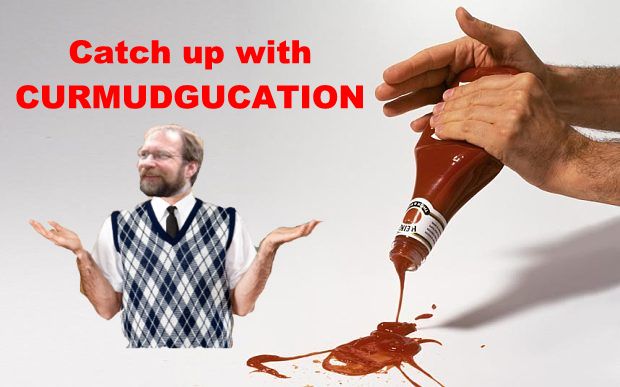Carol Burris Rates the Candidates at the Public Education Forum in Pittsburgh
Carol Burris led the delegation from the Network for Public Education at the Public Education Forum in Pittsburgh. Here are her reflections on the candidates;
There were roughly 1000 attendees at yesterday’s Public Education Forum 2020. The group was diverse in both race and age. Students accompanied by parents sat side by side with senior citizens. It was a captivated audience, the vast majority of whom stayed until the end at around 4:00 pm.
Outside the forum there was a small protest. When I entered the building in the morning, I counted 35 people. One news report said that the protest grew to 100. Michael Bennet was the only candidate who engaged with the protestors—that encounter can be viewed here.
Support was voiced by the candidates for community schools, increased school funding for Title I schools, increased pay for teachers, support for unions, fully-funded pre-schools, increasing the number of teachers of color, student loan forgiveness, and other equity issues which have commonly appeared in candidates’ platforms. In short, it was a positive agenda that acknowledged that resources do matter and recognized the complex difficulties that our schools and our teachers face.
It is not my intent to influence anyone’s vote with this account. What follows is my review of the candidates’ performance by giving each the award I believe they most deserve based on what I heard during the forum as CONTINUE READING: Carol Burris Rates the Candidates at the Public Education Forum in Pittsburgh | Diane Ravitch's blog







 The full House could vote this Tuesday on
The full House could vote this Tuesday on  The Senate Energy and Natural Resources Committee voted to extend the Secure Rural Schools (SRS) and Community Self-Determination Act (S. 430) for two years. First enacted in 2000, the law supports public education and community services in over 4,400 schools in 770 rural counties located near national forests. But funding has been inconsistent for the last three years—the law expired at the end of 2018. As a result, rural areas across the country are facing budgetary shortfalls that could force big cuts in public education and other essential community services. Tell your representatives to put the SRS program on a firm financial footing.
The Senate Energy and Natural Resources Committee voted to extend the Secure Rural Schools (SRS) and Community Self-Determination Act (S. 430) for two years. First enacted in 2000, the law supports public education and community services in over 4,400 schools in 770 rural counties located near national forests. But funding has been inconsistent for the last three years—the law expired at the end of 2018. As a result, rural areas across the country are facing budgetary shortfalls that could force big cuts in public education and other essential community services. Tell your representatives to put the SRS program on a firm financial footing.  The bipartisan
The bipartisan  Rep. Susie Lee (D-NV)
Rep. Susie Lee (D-NV) 96 members of the House
96 members of the House